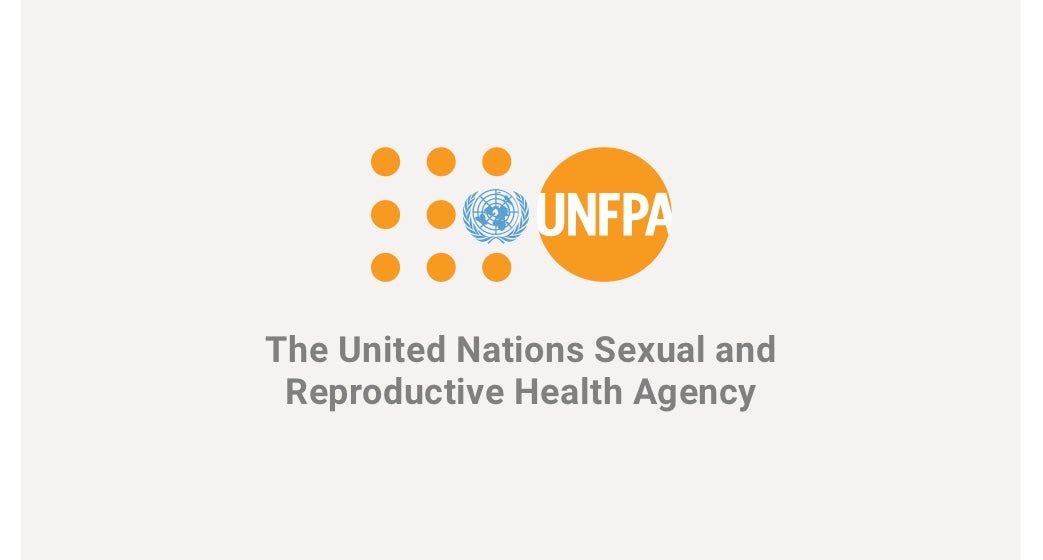The Republic of Haiti's population in 2022 is 11.8 million, with 57 percent living in urban areas. Young people under 25 account for 51.4 percent of the population in 2022. Over the last two decades, population growth has slowed down, due to declining fertility rates (from 4.8 in 1994 to 3 in 2017) and increased out-migration flows.
Haiti faces multiple structural and multidimensional challenges in the political, social, economic, security, environmental and humanitarian spheres. The political and socio-economic crisis, food insecurity, gangs’ violence, disasters, climate change and the cholera endemic have contributed to worsen the precarious humanitarian situation. An estimated 4.9 million Haitians (43 percent) need humanitarian assistance (OCHA, 2022). Haiti´s high vulnerability to recurrent disasters - especially hurricanes, floods, and earthquakes - contributes to deepening the cycles of poverty, inequalities, displacement, and migration.
The 2030 Agenda and the ICPD Programme of Action are anchored in the main national policies, plans and strategies, such as the Haiti Strategic Development Plan (2012-2030), and the Health Master Plan (2021-2031). However, the maternal mortality ratio remains the highest in the region with 529 per 100,000 live births. The access to and utilization of sexual and reproductive health services is weak. Indeed, 65% of women received 4 prenatal cares during their pregnancy, the proportion skilled births attendance is 42% and only 5 % of births in the last five years were by c-section. The contraceptive prevalence rate of modern methods is 32%, when the unmet needs remain high at 38% (EMMUS VI, 2016-2017).
The improvement the maternal health quality services, financial access, and utilization, particularly for the poorest and the rural areas in accordance with the principle to leave no one behind, will be the main priority.
Organizational setting
Based in Port au Prince, under the direct supervision of the Deputy Representative and overall guidance of the Resident Representative, the International Programme Coordinator Sexual and Reproductive Health and Quality Care will work closely with the Program and Operations Teams in the UNFPA Country office. S/he will also work closely with different entities in the Ministry of Public Health and Population, NGOs and partners to reinforce the humanitarian assistance, the Maternal Health Program and enhance Family Planning including Reproductive Health Commodities’ Security (RHCS) in Haiti.
How you can make a difference:
UNFPA is the lead UN agency for delivering a world where every pregnancy is wanted, every childbirth is safe and every young person's potential is fulfilled. UNFPA’s new strategic plan (2022-2025), focuses on three transformative results: to end preventable maternal deaths; end unmet need for family planning; and end gender-based violence and harmful practices.
In a world where fundamental human rights are at risk, we need principled and ethical staff, who embody these international norms and standards, and who will defend them courageously and with full conviction.
UNFPA is seeking candidates that transform, inspire and deliver high impact and sustained results; we need staff who are transparent, exceptional in how they manage the resources entrusted to them and who commit to deliver excellence in program results.
Duties and responsibilities
The International Coordinator Sexual and Reproductive Health and Quality Care is responsible for the overall development, planning, implementation, monitoring and evaluation of the Sexual and Reproductive Health programme. S/He will also have the responsibility for health system strengthening and financing for the promotion, design, monitoring and evaluation, equitable access of Family Planning for all sectors, including reproductive health commodity security and supply chain management system. S/he will provide technical advice and support to RH/FP/MH planners, policy makers, programme managers and service providers on national policies and programmes in the field of Sexual and Reproductive Health, and Maternal Health in the humanitarian setting. This will include conducting relevant research, analysis, and training to improve knowledge sharing in these areas. Particular attention will be paid to availability of uninterrupted quality Emergency Obstetric and Newborn Care (EMONC) services, skilled birth attendance and a method mix of Family Planning and maternal life-saving drugs. The incumbent will contribute to an enhancement of national capacity to mobilize and obtain social and political support for national policies and programmes in the field of Sexual and Reproductive Health/Maternal health.
Click on the link below to view the full job description and submit your application by 04 December 2022 17.00 hrs NY local time
We are no longer accepting applications for this position.


